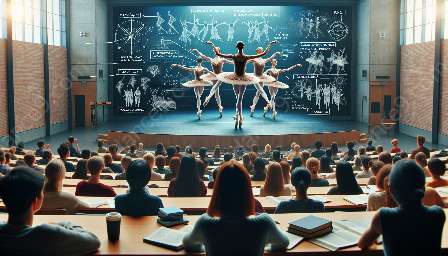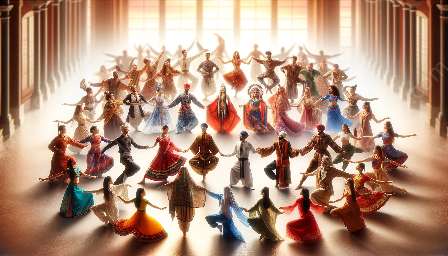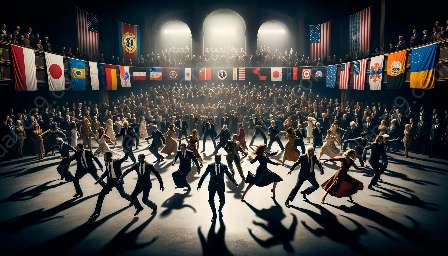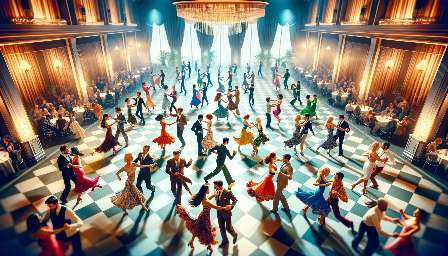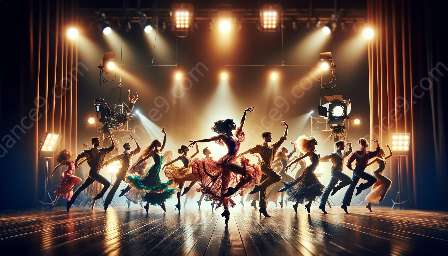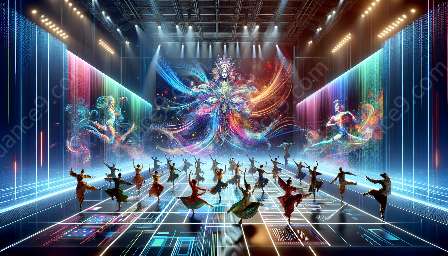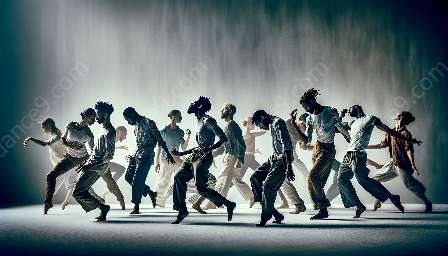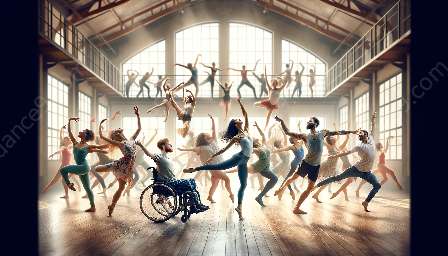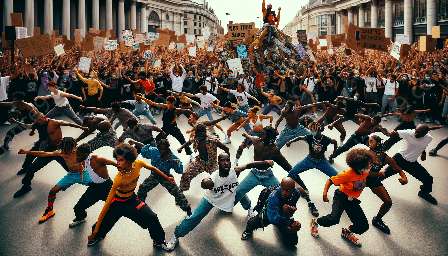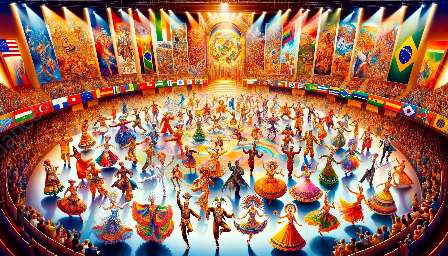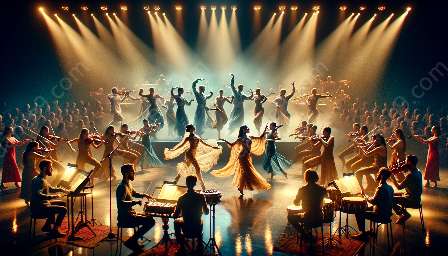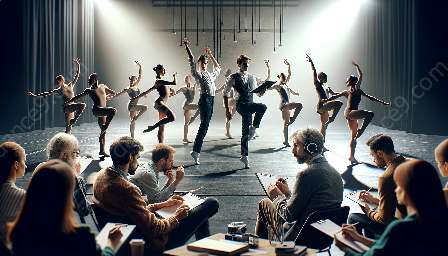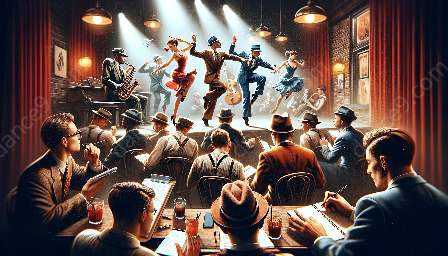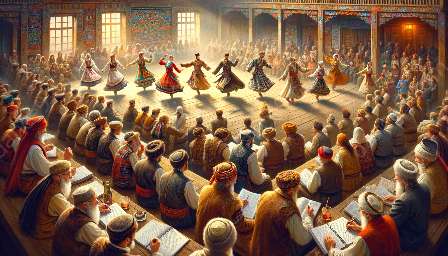Folk dance criticism delves into the analysis and evaluation of folk dance performances and traditions. Understanding the theoretical perspectives in folk dance criticism is essential for comprehending the complexities and nuances of this art form.
Folk Dance Theory and Criticism
Folk dance theory examines the principles, history, and cultural significance of folk dances. Meanwhile, folk dance criticism applies theoretical frameworks to assess and interpret the artistic and cultural expressions within folk dance performances. The theoretical perspectives in folk dance criticism draw upon various disciplines, including anthropology, sociology, ethnomusicology, and cultural studies.
Dance Theory and Criticism
When discussing theoretical perspectives in folk dance criticism, it is crucial to consider the broader context of dance theory and criticism. Dance theory encompasses the study of movement, choreography, aesthetics, and cultural contexts, while dance criticism evaluates dance performances and artistic expressions. Understanding the intersections between folk dance criticism and dance theory provides a comprehensive view of how theoretical frameworks can be applied to both folk and contemporary dance forms.
Structuralism
One of the theoretical perspectives in folk dance criticism is structuralism, which focuses on analyzing the underlying structures and patterns within folk dance forms. This perspective emphasizes the systematic organization of movements, gestures, and symbolic meanings within folk dances, shedding light on the cultural and social significance embedded in these traditional art forms.
Postcolonial Theory
Postcolonial theory offers a critical lens through which folk dance performances can be interpreted. This perspective addresses the enduring legacy of colonialism and imperialism on folk dance traditions, highlighting power dynamics, representation, and agency within these cultural expressions. Postcolonial theory encourages a reevaluation of how folk dances are perceived and understood in a global context.
Feminist Criticism
Feminist criticism examines folk dance from a gendered perspective, exploring how traditional gender roles and identities are reflected and contested in folk dance performances. This theoretical perspective also scrutinizes issues of representation, agency, and empowerment within folk dance traditions, offering insights into the intersection of gender and cultural expression.
Performance Studies
Performance studies provide a multidisciplinary approach to folk dance criticism, integrating aspects of anthropology, theater, and cultural studies. This theoretical perspective examines folk dance performances as embodied cultural practices, considering the physical, emotional, and symbolic dimensions of dance expressions. Performance studies offer a holistic view of folk dance as a dynamic form of cultural performance.
Conclusion
In conclusion, the theoretical perspectives in folk dance criticism encompass a diverse range of approaches, from structuralism to postcolonial theory, feminist criticism, and performance studies. These perspectives enrich our understanding of folk dance as a complex cultural phenomenon, shedding light on its historical, social, and artistic dimensions. By engaging with these theoretical frameworks, scholars and practitioners can deepen their appreciation and critical analysis of folk dance traditions.

